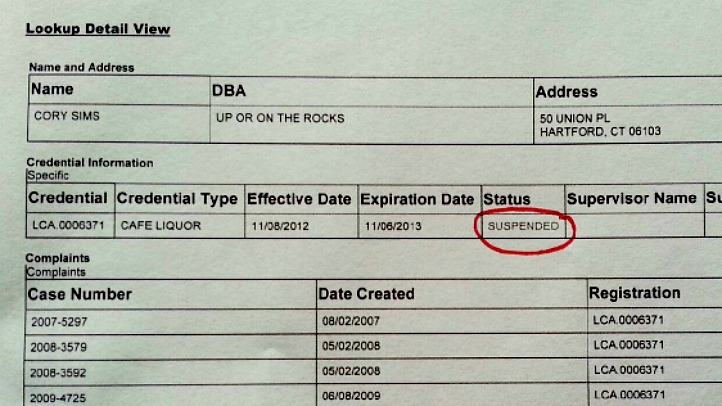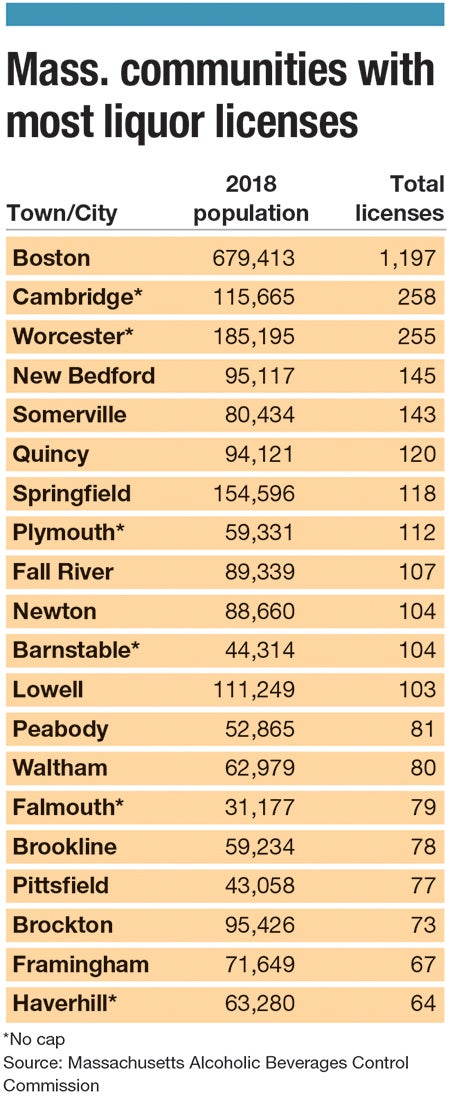

In Fiscal Year 2015–16, sales at Fine Wine & Good Spirits stores generated more than $2.43 billion in sales and taxes. If a wine or spirit is not on the list of registered brands, then it cannot be bought or sold in Pennsylvania. Restaurants and food operations that are licensed to serve or sell drinks in Pennsylvania must purchase their liquor from the PLCB, which operates more than 600 Fine Wine & Good Spirits stores (originally branded simply as a "State Store," then "PA Wine & Spirits" stores before a rebranding project started in 2010) statewide and an e-commerce site.
#Oklahoma liquor license fraternal organizations code#
To prevent a municipality from being inundated by liquor licenses, the Pennsylvania Liquor Code also established a population-based municipal quota that limits the number of retail liquor licenses allowed in a municipality the issuance or transfer of any additional licenses beyond that quota requires prior municipal approval.įine Wine & Good Spirits store in Horsham, PennsylvaniaĪs of November 2016, there were about 20,000 active liquor licenses in Pennsylvania. Under the law, the PLCB may grant one retail license for every 3,000 inhabitants of a county and one wholesale license for every 30,000 inhabitants of a county (with a minimum of five wholesale licenses allowed per county). On-premises retail licenses and off-premises wholesale licenses are apportioned through a quota system (see below) established by the Pennsylvania Liquor Code. The agency has its headquarters in the Northwest Office Building in Harrisburg. Governor Gifford Pinchot is often inaccurately quoted as having stated that the purpose of the Board was to "discourage the purchase of alcoholic beverages by making it as inconvenient and expensive as possible," (probably because of the quote's former misattribution on this very page), while in reality he believed that state control was the best way to move forward from Prohibition. In 1933, just four days before the sale of alcohol became legal in Pennsylvania, the Board was officially organized. The Pennsylvania Liquor Control Board was established in conjunction with the 21st Amendment and the repeal of prohibition.


5 Board members and their terms of service.


 0 kommentar(er)
0 kommentar(er)
